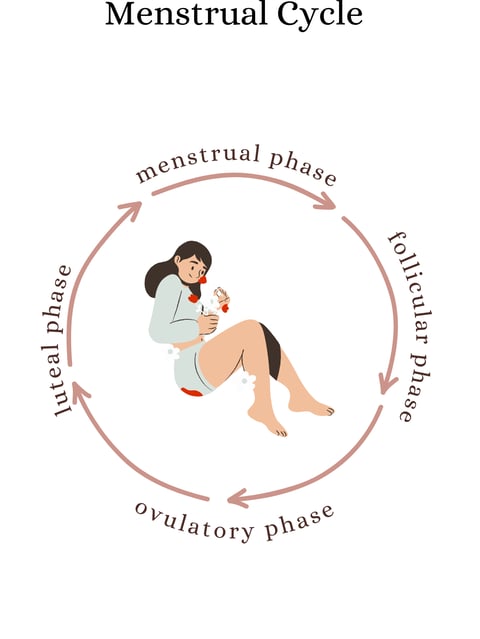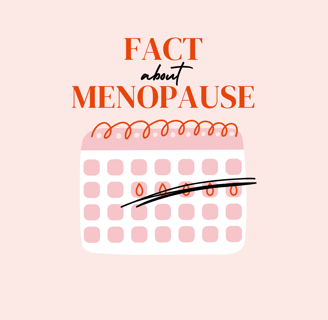"Finding Balance: The Role of Hormones in Weight Management for women"
Weight management is a multifaceted journey influenced by various factors, including diet, exercise, metabolism, and hormonal balance. In women, hormonal fluctuations across different life stages can significantly impact body composition and weight regulation. This blog post explores the intricate relationship between hormones and weight management in women, highlighting key hormones involved, their effects on metabolism, and strategies for achieving hormonal balance to support healthy weight goals.
THE ROLE OF HORMONES IN WEIGHT MANAGEMENT FOR WOMEN
Dr.Kirti Duria
7/2/20242 min read
Understanding Hormonal Influences on Weight
Hormones play a critical role in regulating metabolism, appetite, and fat storage. Key hormones involved in weight management include insulin, cortisol, thyroid hormones (T3 and T4), estrogen, progesterone, leptin, and ghrelin. Fluctuations in these hormones can affect energy balance, hunger levels, and the body's ability to burn or store fat. Understanding how each hormone functions in the context of weight regulation is essential for developing effective strategies for weight management in women.
Menstrual Cycle and Weight Changes
The menstrual cycle is characterized by
hormonal fluctuations that can
influence appetite, cravings, and
metabolism. During the follicular phase,
estrogen levels rise, which may increase
insulin sensitivity and promote fat
utilization. In contrast, the luteal phase
is associated with higher progesterone
levels, leading to increased water
retention and potential changes in
calorie expenditure. Understanding
these hormonal changes can help
women adapt their diet and exercise
routines to optimize weight
management throughout the menstrual cycle.
Menopause and Hormonal Shifts
Menopause marks a significant hormonal transition in women, characterized by declining estrogen and progesterone levels. These hormonal changes are often associated with metabolic shifts, including decreased muscle mass, increased abdominal fat deposition, and a slower resting metabolic rate. Hormone replacement therapy (HRT) and lifestyle modifications can help mitigate these changes and support healthy weight management during menopause.
Impact of Stress and Cortisol on Weight
Chronic stress can disrupt hormonal balance, leading to elevated cortisol levels. High cortisol levels are associated with increased appetite, cravings for high-calorie foods, and abdominal fat deposition. Managing stress through relaxation techniques, mindfulness, and adequate sleep is crucial for maintaining hormonal equilibrium and supporting weight management goals.
Strategies for Hormonal Balance and Weight Management
Achieving hormonal balance is key to successful weight management for women. Strategies include:
Balanced Nutrition: Focus on nutrient-dense foods, adequate protein intake, and healthy fats to support hormone production and regulation.
Regular Exercise: Incorporate both cardiovascular and strength-training exercises to boost metabolism and improve hormonal balance.
Quality Sleep: Aim for 7-9 hours of quality sleep per night to optimize hormone production and regulation.
Consultation with Healthcare Professionals: Discuss hormone levels and weight management goals with a healthcare provider to explore personalized approaches, including hormone testing and potential interventions.
Conclusion
Harnessing Hormonal Balance for Optimal Weight Management
In conclusion, hormones play a pivotal role in weight management for women, influencing metabolism, appetite, and fat distribution. Understanding the impact of hormonal fluctuations across different life stages, from menstruation to menopause, empowers women to make informed decisions regarding diet, exercise, and lifestyle choices. By prioritizing hormonal balance through nutrition, exercise, stress management, and professional guidance, women can optimize their weight management efforts and support overall health and well-being.










